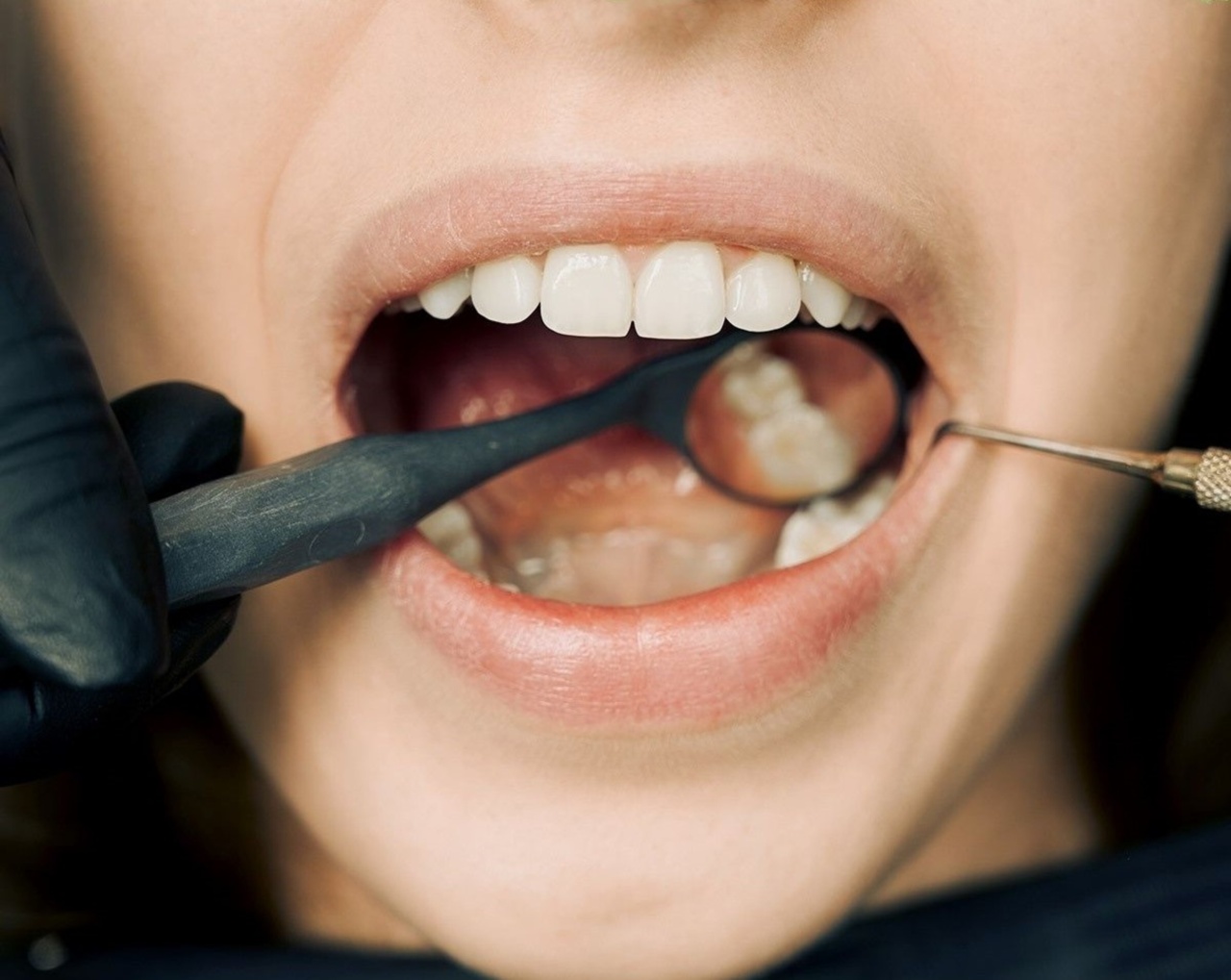Prostate cancer is the second most common cancer among men, affecting 1 in 9 men in the United States.
While the traditional treatment options such as surgery, radiation, and chemotherapy have been effective, oral treatments have also emerged as a viable option for patients with advanced prostate cancer. Oral treatment is an attractive option for patients who are not suitable for surgery or radiation or who prefer a less invasive approach. In this article, we will discuss the effectiveness of oral treatment for prostate cancer.
What is Oral Treatment?
Oral treatment for prostate cancer involves taking medication in pill form. The two main types of oral treatment for prostate cancer are hormonal therapy and chemotherapy.
Hormonal Therapy
Hormonal therapy, also known as androgen deprivation therapy, is a type of oral treatment that works by reducing the amount of testosterone in the body. Androgens are male hormones that can stimulate the growth of prostate cancer cells.
By reducing the amount of androgens in the body, hormonal therapy can slow down the growth of prostate cancer cells.
Hormonal therapy is a common treatment option for patients with advanced prostate cancer. It is effective in slowing down the growth of cancer cells and reducing symptoms such as bone pain and urinary problems.
Hormonal therapy is also used in combination with radiation therapy to improve the effectiveness of treatment.
Chemotherapy
Chemotherapy is a type of oral treatment that uses drugs to kill cancer cells. Chemotherapy drugs can be taken orally or given through intravenous infusion.
Chemotherapy is usually reserved for patients with advanced prostate cancer that has spread to other parts of the body.
While chemotherapy can be effective in killing cancer cells, it can also cause side effects such as nausea, hair loss, and fatigue.
Effectiveness of Oral Treatment for Prostate Cancer
Oral treatment for prostate cancer has been shown to be effective in slowing down the growth of cancer cells and reducing symptoms such as bone pain and urinary problems.
Hormonal therapy, in particular, has been shown to be effective in treating advanced prostate cancer.
One study found that hormonal therapy was effective in reducing the risk of death from prostate cancer by 30% in patients with advanced prostate cancer.
The study also found that hormonal therapy was effective in reducing the risk of cancer progression and improving overall survival.
Another study found that chemotherapy was effective in treating patients with advanced prostate cancer that had spread to other parts of the body.
The study found that chemotherapy was effective in improving overall survival and reducing the risk of cancer progression.
However, it is important to note that oral treatments for prostate cancer can cause side effects such as fatigue, nausea, and hair loss.
Patients should discuss the potential side effects and benefits of oral treatment with their healthcare provider before starting treatment.
Conclusion
Oral treatment for prostate cancer, including hormonal therapy and chemotherapy, has emerged as a viable option for patients with advanced prostate cancer.
These treatments have been shown to be effective in slowing down the growth of cancer cells and reducing symptoms. However, it is important to discuss the potential benefits and side effects of oral treatment with a healthcare provider before starting treatment.


























